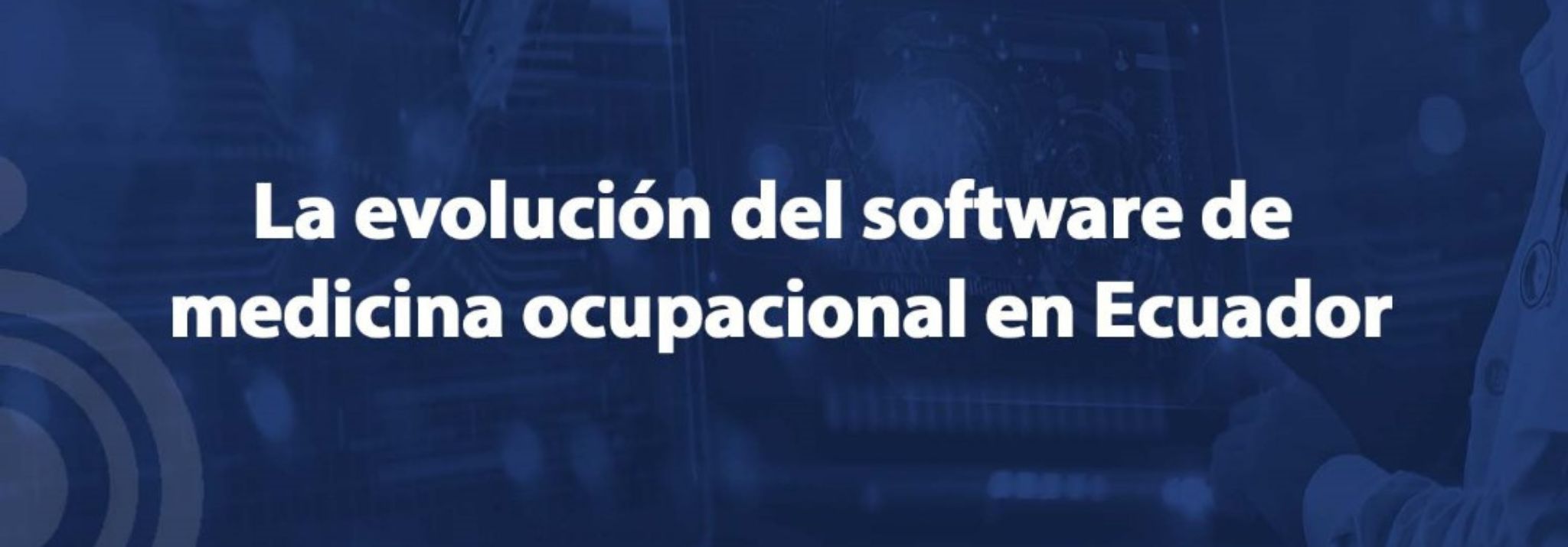The evolution of occupational medicine software in Ecuador
Occupational medicine is a branch of medicine focusing on worker health and safety. It studies diseases and accidents resulting from work activities and emphasizes preventive measures to reduce their impact.
In Ecuador, occupational medicine has played a crucial role in protecting and promoting worker health since the early 1980s. Its goals include preventing occupational diseases, improving working conditions, and safeguarding workers from workplace hazards.
Despite some thinking of occupational health as a recent concept, its origins date back to the industrial revolution. A pivotal moment was the signing of the Treaty of Versailles in 1919, which led to the establishment of the International Labour Organization, advocating for worker health protection.
In Ecuador, as elsewhere, occupational health has faced challenges over time, adapting to changing workforce demands and evolving workspaces. Yet, it lacks adequate technological support.
Digital solutions not only enhance medical care but also significantly improve occupational safety and health, fostering a safer, more productive work environment. Technological innovation in occupational medicine revolutionizes worker health management, benefiting both employees and healthcare professionals. However, current and future challenges, such as medical interoperability, must be addressed.
One notable advantage of technology in occupational health is improved access to medical care. Telemedicine, for instance, allows remote employees to receive quality healthcare, benefiting both workers and healthcare providers.
Furthermore, technology enables continuous monitoring of workers' health through wearable devices, aiding in early detection of health issues and strengthening preventive measures.
Resistance to new technologies among workers and some healthcare professionals underscores the need for information, training, and digital literacy to fully utilize technology's benefits in the occupational realm.
Thani Medical Software, prioritizing the worker (patient) as the central figure in medical consultations, leads the digital transformation, ensuring all workers have access to necessary technology for telemedicine and occupational health benefits.
The integration of technology into occupational medicine is vital for a healthier future in the workplace, facilitating improved occupational health by leveraging technological opportunities.
Thani Medical Software co-creates digital health advancements, aiming to enhance healthcare through efficient models. Their platform assists healthcare providers and insurance companies in managing worker health effectively, reducing associated costs and enhancing preventive medicine approaches.
Thani Ocupacional, a software designed to automate workplace health processes, ensures corporate compliance, reduces workload, and generates accurate statistics. It equips occupational physicians with tools for disease detection, diagnosis, and treatment, currently available in Ecuador and Venezuela with plans for expansion across Latin America.


